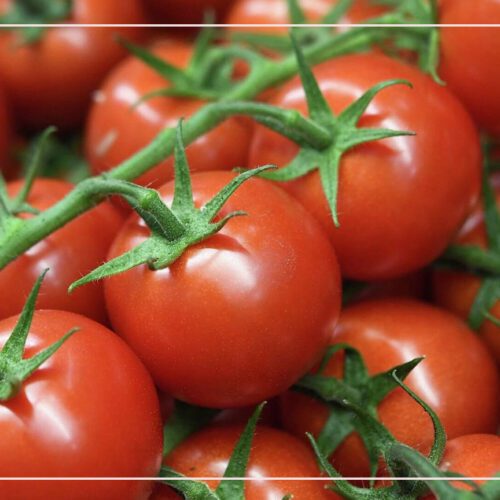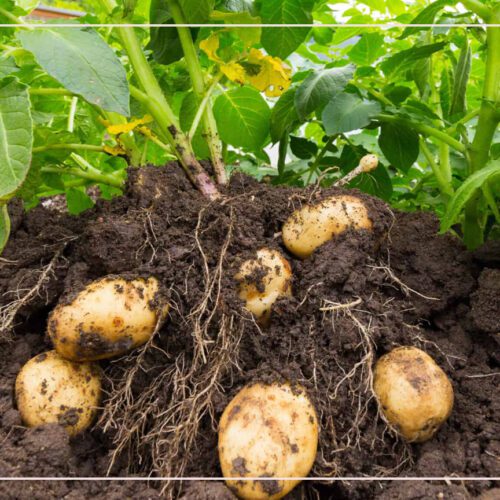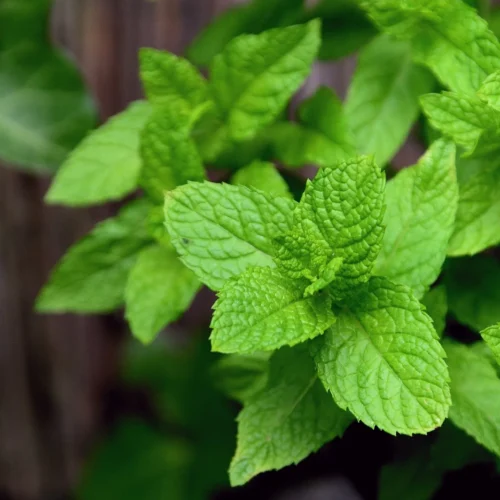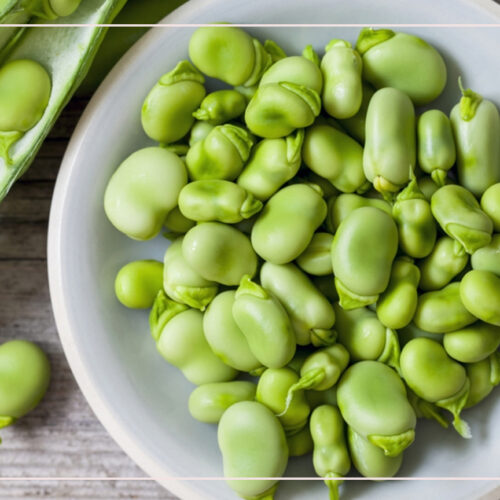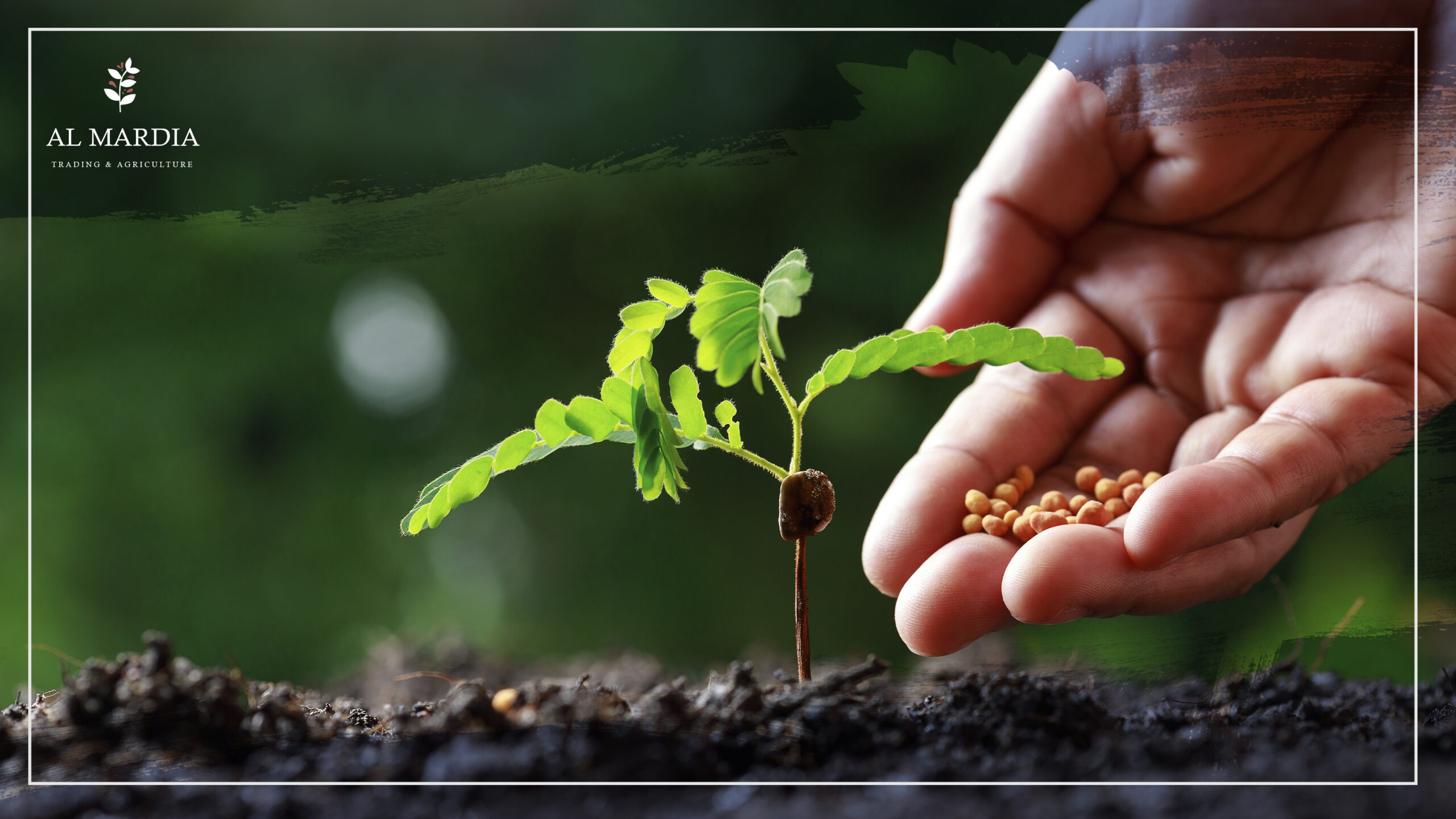
All To Know About Organic Fertilizers
When you go to the garden center, you’ll be surprised by the huge variety of different fertilizers and soil amendments. The first question comes to your mind; What is the best organic fertilizer for my garden?
Actually there are two types of fertilizers; organic and synthetic. So which is better?
In this article, we recommend organic farming which depends on organic materials to improve the soil quality supporting plants and beneficial insects.
When you embrace the organic farming approach, your garden will be similar to a balanced and nourished ecosystem that functions as nature intended.
What are organic fertilizers?
Organic fertilizers are beneficial substances like minerals, nitrogen etc. that come from living organisms. And the source of the word ‘organic’. Organic fertilizers include compost, manure and any remains of plants or animals that are dismantled through time.
What are the advantages of organic fertilizer?
- They are cheaper and more available than synthetic fertilizers.
- They enhance the soil fertility as nature functions leading to reduce problems associated with applying synthetic fertilizers.
- They supply soil with essential nutrients for healthy and balanced growth of plants.
- They help to increase beneficial insects and soil microbes which support soil structure and improve crops growth.
What is the best organic fertilizer?
The best fertilizer is the one that should be used when your soil has some nutrient deficiency and the plants need them. In other word, the best organic fertilizer depends on the soil needs and type of plants and the many other factors that differentiate from one case to another.
If you are in the garden center and you want to buy fertilizer, you will notice three numbers on the package which determine what we call “the fertilizer grade”. The fertilizer grade is based on the amount of nitrogen, potassium and phosphorus per the weight unit.
Most of these numbers are lower than ones on synthetic fertilizer but NPK numbers are not the only factor to take into consideration.
Related Topic: All You Need to Know about Soil Salinity
Types of organic fertilizers:
Compost:
It consisted of dismantled organic material such as roots, leaves, vegetable scraps. It can be mixed with soil to enrich it with needed nutrients and enhance the plant growth.
Whether you make compost or purchase it, be aware about avoiding toxins and chemicals in the compost that contaminate soil and harm your vegetable garden!
Kelp meal:
It’s prepared from a specific type of seaweed which is collected and dried and formed into small pieces called Kelp meal. It can be added directly to the soil or mixed with water. Kelp meal is a very effective fertilizer that amend the soil and enhance plant growth free of diseases.
Manure:
Animal manure is one of the main sources of soil nutrients that you need for garden plants.
Animal manures come with an intensive bacterial load which impose special handling before use. You must pay attention to the purity of manure source, it should be produced by herbivores only.
Some manure might contain herbicide residues, heavy metal or growth hormone which could contaminate soil with undesirable materials.
Animals grown following organic methods are preferred to produce natural manure.
What are the types of manure?
chicken manure:
It’s the highest in nitrogen but it’s very hot. So it’s better to let it compost well before applying.
Cow manure:
It’s suitable for all purposes and its lower level of nitrogen makes it softer on the plants.
Rabbit manure:
It’s considered a cold manure that can be added directly to plants with no worries to harm the plants. It will disintegrate slowly releasing nutrients into soil.
You can now check the full list of Composting Products
produced by Almardia Group

